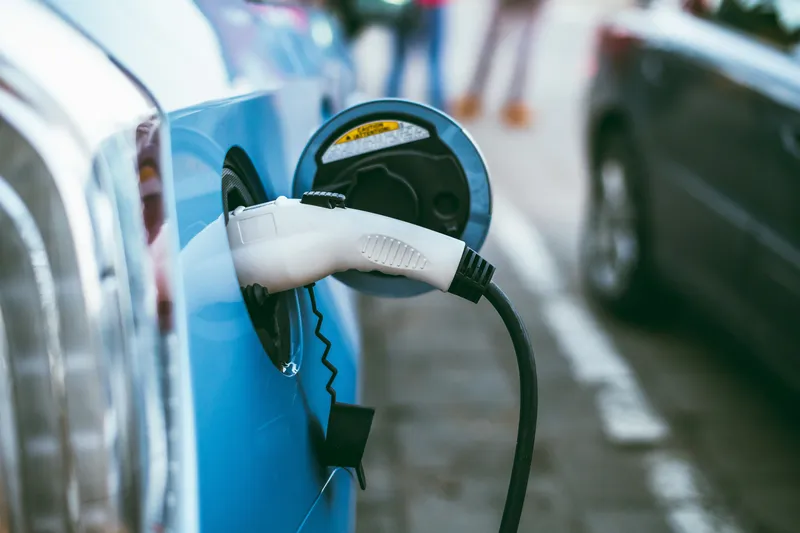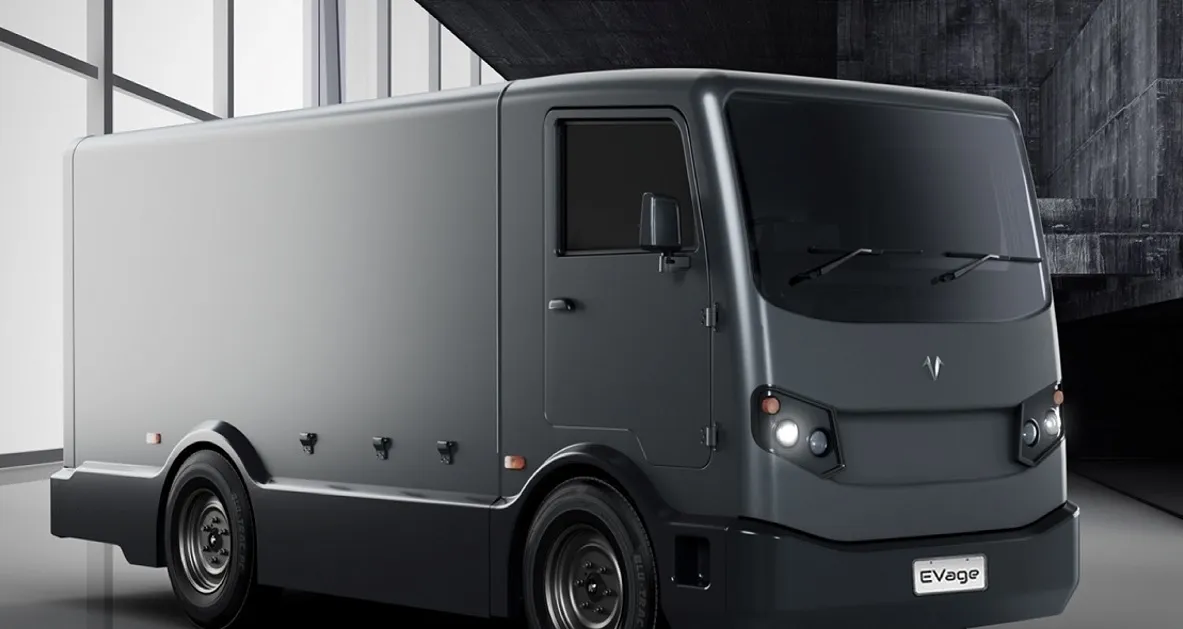
Israeli manufacturer GenCell is combining its fuel cells with technology from EV Motors to deliver autonomous off-grid hybrid charging stations without needing fossil fuel backup generators.
GenCell says the collaboration will contribute to the delivery of the charging infrastructure required to meet the global electric vehicle (EV) charging market demand.
The new off-grid hybrid charging solution is expected to be released in Israel in the first half of 2022.
The partners will then consider expanding the cooperation to similar projects in China via EV Motors' partner network, which includes Sun Surplus Energy.
EV Motors chairman Ohad Seligmann says: “We are very glad to have connected with GenCell to provide sustainable and environmental fuel cells for our charging stations, thus offering the market a reliable, clean and effective solution.”
“We trust that this cooperation will introduce an effective EV charging business model that will serve drivers and consumers, provide an innovative solution to a wide spectrum of clients, lay solid grounds for the continued expansion of the EV revolution and bring revenues to both companies,” Seligmann adds.
GenCell CEO Rami Reshef points out that as the the demand for a wide network of distributed charging stations will grow exponentially as the number of EVs increase.
“On the one hand, forecasts indicate that grid power will not be sufficient to power the estimated quantity of EVs that will reach the roads, and on the other, many destinations to which EVs will need to travel will be beyond the power grid,” Reshef continues.
“In both of these scenarios, autonomous off-grid EV charging stations powered by hydrogen and ammonia will be a key solution.”








